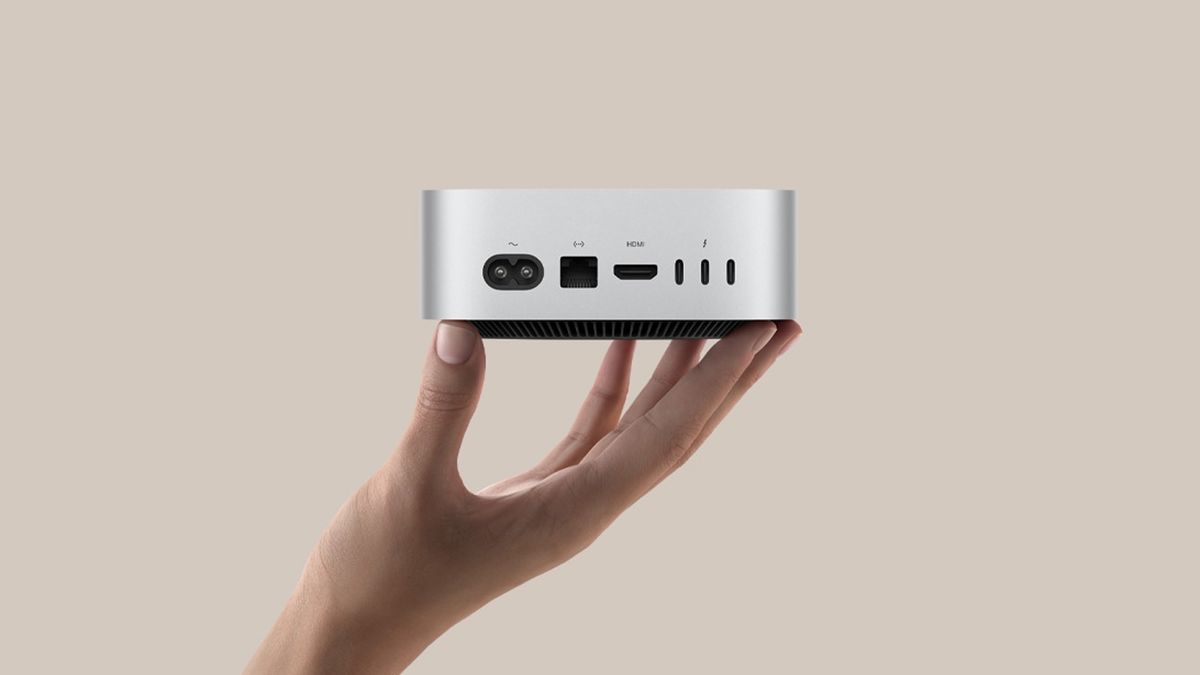Meta said Monday that it's testing out new facial recognition tools designed to protect users from celebrity-themed scams, as well as make it faster and easier for all users to recover access if they get locked out of their accounts.
The tools are designed to give all users the ability to quickly and securely prove who they are, allowing Meta to ferret out scammers before they can dupe people and lessen the headaches often involved with recovering access to a Facebook or Instagram account.
"We're hoping by showing how we're using this technology to keep people safe, we can help inform the broader industry approach to a problem that is really a whole of the internet problem," Monika Bickert, Meta's vice president of content policy, said on a call with reporters.
The so-called "celeb-bait" scams use the pictures of public figures, including content creators and celebrities, to bait social media users into clicking on advertisements that take them to scam websites designed to steal their money or personal information.
Meta said it already uses automated technology to review millions of ads that cross its platforms every day, looking for scammy content. But it's not uncommon for legitimate ads to also feature celebrities, and it can sometimes be tough to tell the difference.
What the new tools will do is compare the celebrity faces in suspected scam ads with the profile pictures on the respective celebrities' Facebook and Instagram pages. If there's a match and a scam is confirmed, Meta will block the ad.
Early testing with a small group of celebrities and public figures has produced promising results, detecting scam ads faster and more accurately, Bickert said. Over the coming weeks, Meta plans to start enrolling more celebrities who have had problems with scam ads in the past, though they will have the option of opting out.
The company also hopes to eventually use facial recognition features to detect scam accounts set up to impersonate celebrities. Cyber criminals will often use fake accounts to push fraudulent investment scams or giveaways, swindling consumers out of sensitive information or money.
Meanwhile, the same kind of facial recognition technology will also be used to give all Meta users a faster way to get back into locked accounts, by allowing them to take and submit a video selfie. Similar to features like Apple's Face ID, which is used to unlock a smartphone, the tools will compare the selfie with the user's account profile picture.
The process takes about a minute and Meta says the new verification method will be harder for cybercriminals to undermine than traditional document-based identity verification.
The rollout of facial recognition features in recent years, most notably on smartphones, has helped consumers get used to using their faces to do everything from access the passwords to their online accounts to pay for their groceries.
At the same time, privacy advocates and security experts have warned of the potential dangers of facial recognition, pointing to how it could be used to do things like identify protestors in a crowd or shoplifting suspects in stores.
Meta itself shut down its facial recognition system in 2021 and said it would delete the face scan data of more than 1 billion users. It cited societal concerns and regulatory uncertainty about facial recognition technology as the reasons.
Meta said Monday that the new tools have been vetted for security and privacy, adding that the facial images used and any data generated from them will be deleted as soon as they are no longer needed.
And while the tools are being rolled out globally, they're on hold for now in the European Union and United Kingdom, as Meta continues to work with regulators in those places, as well as in Illinois and Texas, because of concerns about state privacy laws.





:quality(85):upscale()/2024/10/29/957/n/1922441/c62aba6367215ab0493352.74567072_.jpg)
:quality(85):upscale()/2024/10/29/987/n/49351082/3e0e51c1672164bfe300c1.01385001_.jpg)
:quality(85):upscale()/2024/10/30/711/n/1922441/c62313206722590ade53c4.47456265_.jpg)

 English (US) ·
English (US) ·